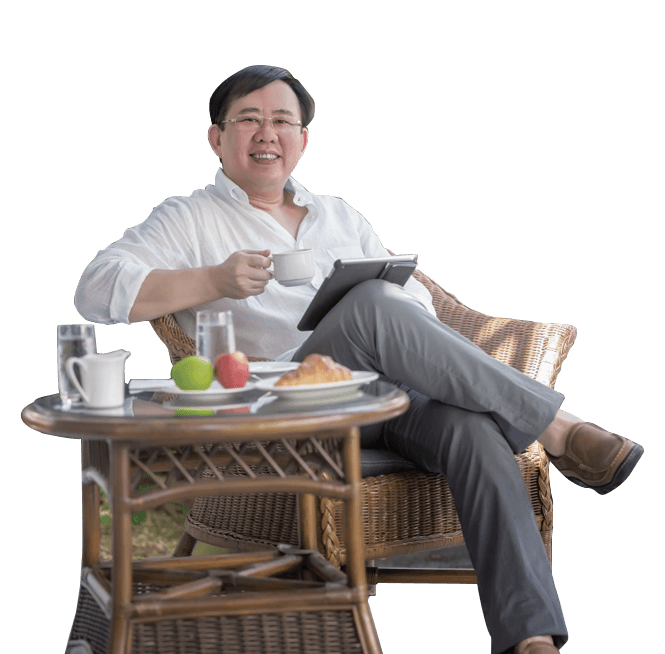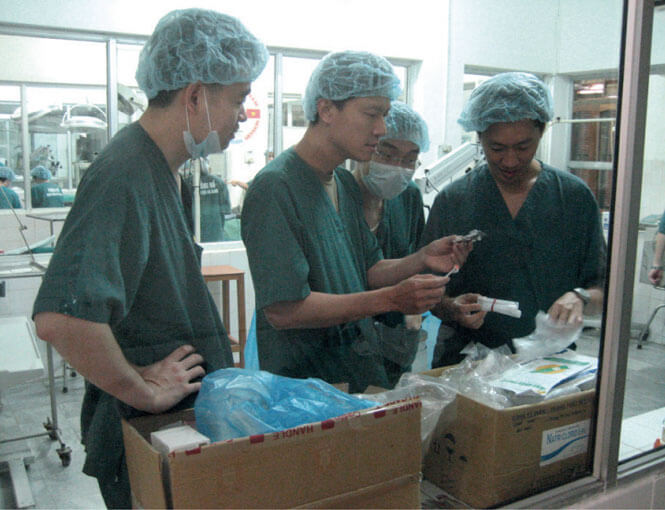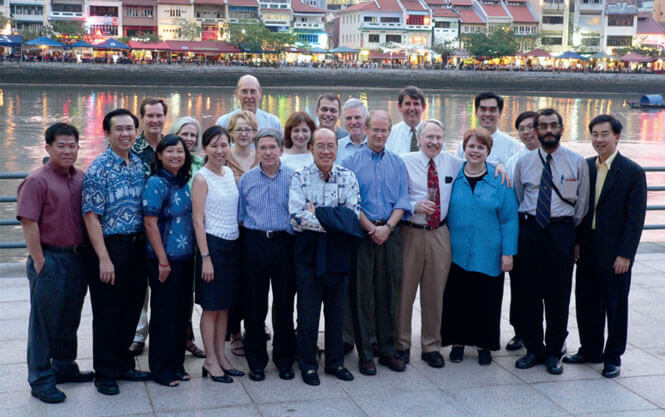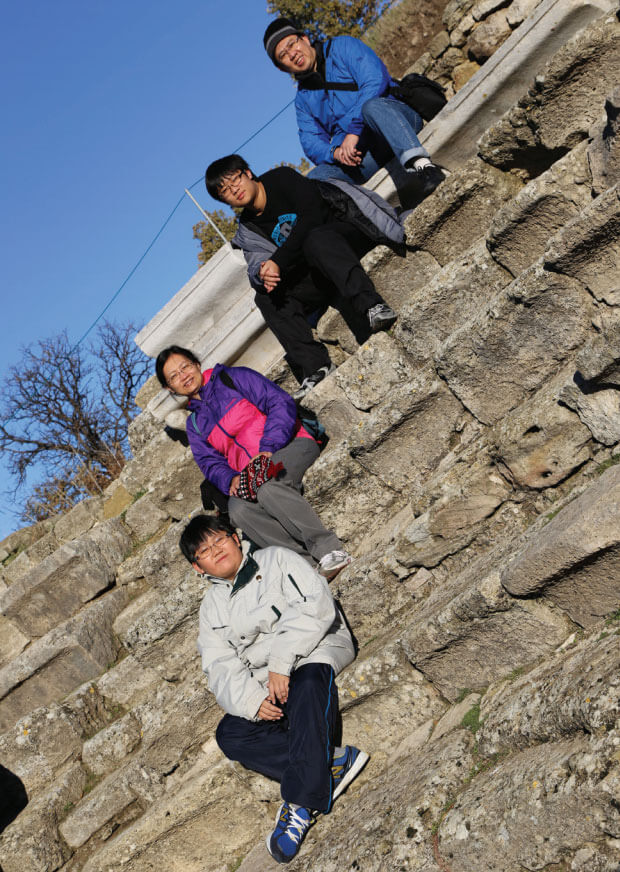The Call To Heal
Everyone, it is believed, has a specific purpose to fulfil in their lifetime. The trick is to know it when you find it. For most people, this is much trickier than it seems, when so many directional arrows appear, each seeming to promise fulfilment, happiness, more money, purpose. Hence the critical questions so many are faced with at different times: Why am I here? What am I meant to do? How will I know? What am I meant to believe in?
Dr Luke Tan, 50, is a man of deep faith. And becoming a doctor was an act of faith, a calling. “I came into medicine in the search for meaning and purpose, and I am still on the quest.”
“My work in cancer today ties back to my days as a 15-year-old with my grandmother who raised me. She had stomach cancer and I helped tend to her.”
It’s not that he had, as a child, dreamed of being a doctor. It was about witnessing a loved one coping with what was, for her, an incurable illness. Growing up in a mainly Teochew kampong near what is present-day Hougang, life was tough and lacking in role models who were professionals. You coped as best you could, against serious odds. Like growing up in a blended family, losing his father when he was 11 and being raised by his grandmother while his mother worked full-time as a seamstress to make ends meet.
And beat the odds he did. “I gave tuition from the time I was in Sec 3, and worked in a factory assembly line for $6 a day during the school holidays. In junior college, I gave lessons in conversational English to Japanese managers from the nearby Matsushita factory for $60 per month. It was tough.” He applied for the Public Service Commission scholarship but didn’t get it, so his brother-in-law sponsored him and he gave English and Maths tuition throughout medical school. That meant a gruelling runningfrom-pillar-to-post schedule which he can smile about now.
Then came one of life’s ‘learning moments’. “I failed surgery in final year.
Of the roughly 200 students in my batch, 66 of us failed. It was my first
failure and it was painful to see my friends progressing forward towards
being doctors while I was just a failed final year student.”
He passed on his second try, and the rest, as they say, is history.

